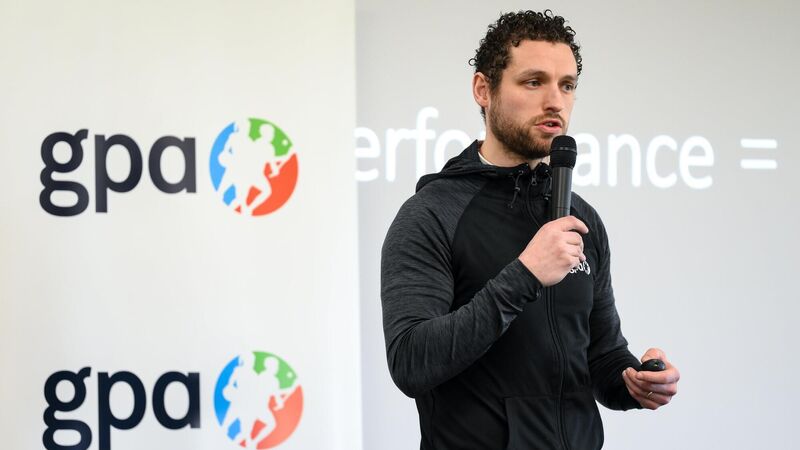Fogarty Forum: Fault on both sides in GAA-GPA row

4 March 2022; Players from all across Ireland were today at the announcement of scholarship funding of close to €800,000 provided to inter-county players through the Gaelic Players Association. Pictured speaking is Gaelic Players Association chief executive Tom Parsons during the GPA scholarship announcement event, at the Radisson Blu Hotel at Dublin Airport in Dublin. Photo by Stephen McCarthy/Sportsfile







